In the first three months of 2011 just over 20 million CDs were sold in the UK, but this figure dropped to 15.3 million in 2012 – a drop of 25%. Sales of vinyl in the UK experienced growth in 2011 of almost 40% over 2010 figures but still only account for 19.5% of non-download sales. In 2011, according to IFPI, worldwide sales of downloaded singles and albums rose by 17% with some countries (US and S.Korea) deriving over half of their sales of music from downloaded sources. IFPI estimates that 32% of record companies’ revenues are derived from digital channels.
Let’s accept then that vinyl is a bit of a niche product, CD sales are waning and that digital downloads are what the future holds for the purchase of our new music.
When I was younger every album came with an inner sleeve proclaiming that “Home Taping is Killing Music” and I, like everyone else ignored this and merrily taped friends albums until I could afford to buy the real deal. But I did buy records! At the time if you wanted to get good quality reproduction the only option was to go out and buy the record. The taped cassette was fine for getting a feel of the music, but it wasn’t a long term solution. Everyone I knew at the time taped music either from the radio or from friends, but they also went out and bought records and as a result record sales were healthy.
So where does this leave us? The future lies, without a shadow of a doubt, in downloaded music, but what is being done to maintain the quality and what are the consequences of low quality downloads. As Hifi Pig reported a while ago Neil Young is backing the hi-res download format Pono, but in the main downloads from legitimate sites are of lower quality than those that can be downloaded from illegal sources. This to my mind is playing into the hands of the pirates, particularly when we are talking about back catalogue material.
We all understand the benefits to the record companies in a move towards downloaded files, but unless they make available high quality lossless files the norm rather than the exception there will be several knock on effects. The main effect to my mind is that people that care about high quality files will source their high quality downloads from illegal sources which, in the longer term, is neither good for the consumer, the record companies or the recording artists themselves.
The solution is quite simple to my mind – make high quality, lossless downloads the norm and sell them at a price that reflects the real-term material costs of the product.
What are your thoughts? Have i got it wrong?
Author -Stuart




































































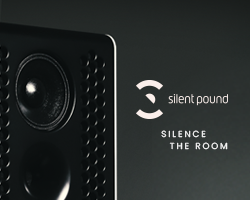
















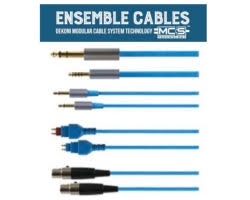


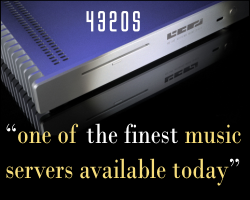








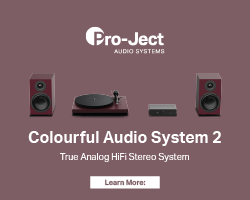


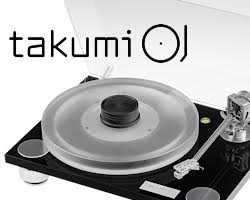




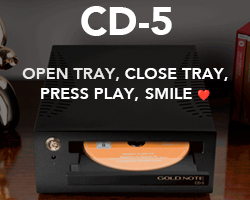







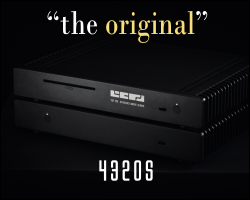



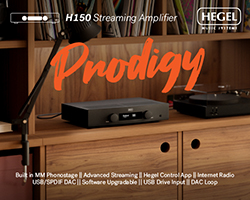




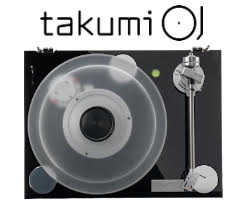






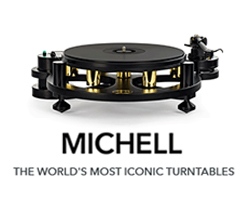








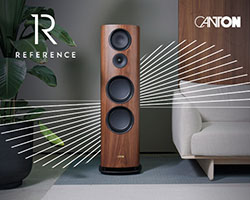













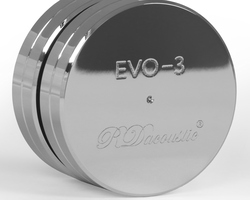




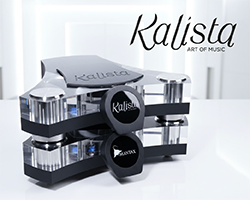

























































You must be logged in to leave a reply.